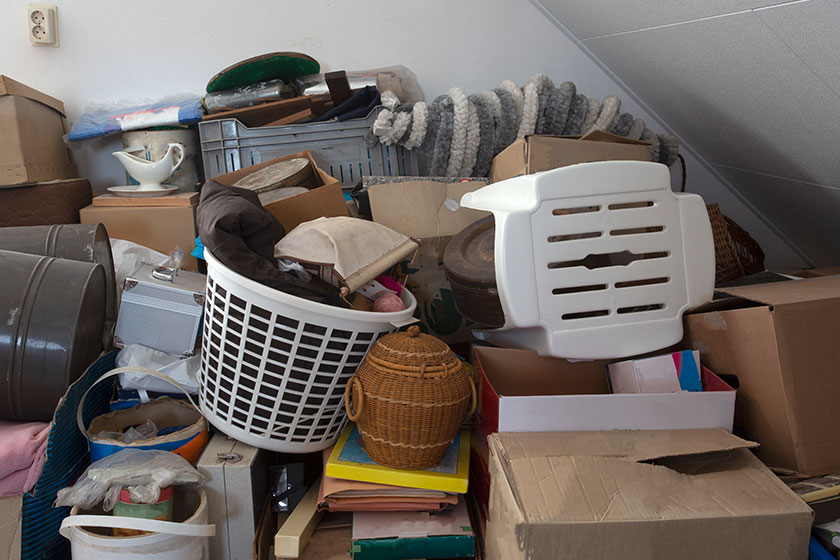Hoarding is a complex issue that can deeply impact the emotional and mental health of older adults. As possessions accumulate, they can cause stress, anxiety, and lead to more severe psychological consequences. For families and loved ones, recognizing the impact of hoarding is important. When clutter becomes overwhelming, it can disrupt daily life and lead to isolation. Understanding how hoarding in seniors affects their emotional and cognitive well-being is the first step in addressing the issue and improving their quality of life.
Increased Anxiety and Stress Due to Clutter Accumulation
When clutter accumulates in a home, it can increase anxiety and stress. The overwhelming presence of unnecessary items can make daily tasks feel burdensome. Residents living in cluttered environments often experience heightened levels of stress because they are unable to find what they need or navigate their space comfortably. Over time, this sense of chaos can make them feel trapped and powerless. As anxiety grows, their mental wellbeing declines, and the ability to maintain a sense of order diminishes.
Social Isolation Resulting from Embarrassment About Hoarding
Hoarding behavior can also lead to significant social isolation. As clutter takes over, residents may feel embarrassed about their living conditions. This embarrassment can cause them to withdraw from friends, family, and loved ones, choosing to avoid social interactions altogether. Invitations to gatherings may be declined, and visitors may not be welcomed into the home. This isolation can further deepen feelings of loneliness and despair, as maintaining connections with others becomes increasingly difficult. Without regular social contact, emotional wellbeing can deteriorate rapidly.
Decline in Cognitive Function Due to Overwhelming Clutter
Living in a cluttered environment can significantly affect cognitive function. When daily surroundings become overcrowded, it can make concentration and focus more difficult. Individuals may struggle to remember where items are, which can contribute to confusion and frustration. As cognitive load increases, the ability to process new information declines. For those already experiencing age-related memory issues, excessive clutter can further cloud mental clarity and lead to a faster decline in cognitive abilities, affecting their overall independence and wellbeing.
Heightened Risk of Depression from Hoarding Behavior
Hoarding is often linked to a heightened risk of depression. The inability to manage possessions can create a feeling of hopelessness, which leads to emotional distress. Residents dealing with hoarding may feel overwhelmed by their inability to control their environment, causing feelings of shame. This shame can spiral into depression, making it even harder to seek help or make changes. The emotional weight of hoarding can feel insurmountable, leading to persistent sadness, fatigue, and a withdrawal from activities once enjoyed.
Address Hoarding in Seniors at Our Retirement Community
At our community, we understand the emotional and cognitive effects of clutter on older adults. We offer compassionate care and safe living spaces that provide comfort and security, reducing the mental strain hoarding can cause. With our personalized senior living programs, we help our residents feel supported and valued. Our goal is to create an environment where they can thrive emotionally and socially as they age, free from the worries that clutter brings into their lives.







